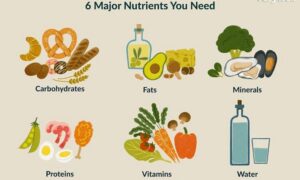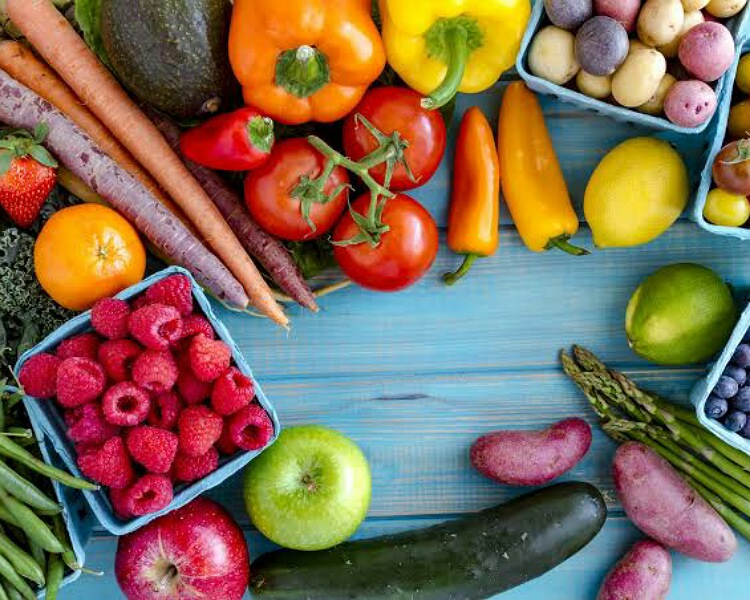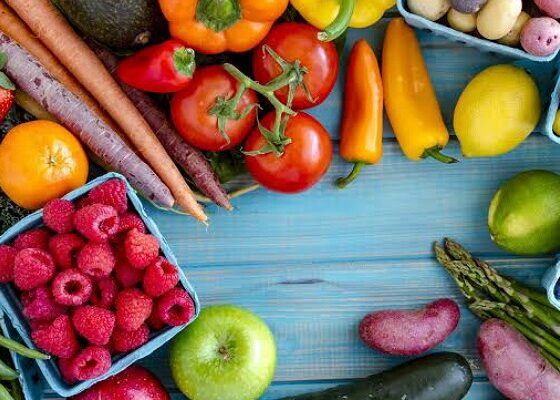There are claims that eating raw food is better for health as compared to the cooked food. But the fact is that both raw foods and cooked foods have their own merits and limitations. Read on to understand the whole issue.
Raw foods and cooked foods
Raw foods are those that we consume after washing but without cooking them. It has at least 70% rawness in it. It is also not processed. These include nuts, seeds, raw fruits and vegetables, sprouted grains and pulses and fermented foods. Most are plant foods but some also eat raw fish, eggs or meat.
While cooked foods are those that we eat after subjecting them to heat. These include legumes, pulses, eggs, vegetables, etc.

There are claims that cooking is not natural and one should consume foods raw. Advocates of raw food eating add that they are the path to improved health. They have more nutrients in them since cooking can destroy some heat labile vitamins and other nutrients.
But the fact is that neither raw food dishes nor cooked food dishes are 100% good. Both have their own merits and pitfalls. It all depends on the food that you are consuming.
Advantages and perils of raw food eating
Heat can kill certain enzymes and nutrients that are heat unstable. Hence these would be lost and not available for the body with cooked food. Thus, raw food is more nutritious.
But these raw forms of foods might contain harmful bacteria and microorganisms that might cause food borne illnesses. Heating can destroy these germs.

Moreover, one cannot strictly follow a raw food diet. There are some foods that are hard to bite into, chew or digest without cooking. One cannot have them raw such as legumes and whole grains. If we eat them raw, we could have gut woes.
Advantages and cons of cooked foods
Cooking makes the food soft and increases their digestibility. The cooked foods are easier to chew and digest. It increases the taste and aroma of foods. Blending of ingredients are better in cooked foods. One can avoid digestive woes with cooked foods. Also, there are certain anti-nutrients in foods. Cooking can kill these and preserve the nutrients and their absorption.
Studies have shown that cooking can increase the availability of antioxidants such as beta carotene and lutein present in vegetables.
Cooking also increases absorption of antioxidant lycopene.

Antioxidants protect body from the harmful effects of free radicals. Moreover, cooking can kill the harmful disease causing germs and bacteria. Food becomes safer to consume after cooking. Most bacteria die above temperatures of 60 degrees Celsius.
But the food enzymes that are beneficial for the body such as bromelain in pineapple are destroyed with heat. Temperatures above 47 degrees Celsius deactivate almost all the enzymes. Benefits of these enzymes for the body is lost. Additionally, more digestive enzymes would be needed for the complete digestion of that food. But scientific studies on it are lacking. Some argue that the enzymes are for plant benefits and not meant for human use or benefit.
Some also believe that cooking can make the food toxic. For instance, barbecuing can produce certain carcinogens in the meat and make it dangerous for consumption.
Cooking can also destroy water soluble vitamins such as vitamin B and C. This loss may be significant and as high as 50 to 60%. There is also a minor loss of vitamin A and some minerals with cooking. But fortunately, vitamin D, E and K remain intact even after cooking.
Also, read Grilling foods: Pros and cons of this cooking technology!
Boiling is the worst way to cook vegetables due to more nutrients loss. Roasting, steaming and stir frying are best. Also shorter duration of cooking causes lesser nutrients loss.
Thus, both raw foods and cooked foods have their plus and minus points. Know which foods are healthier in which forms and have a variety of raw and cooked foods daily.
